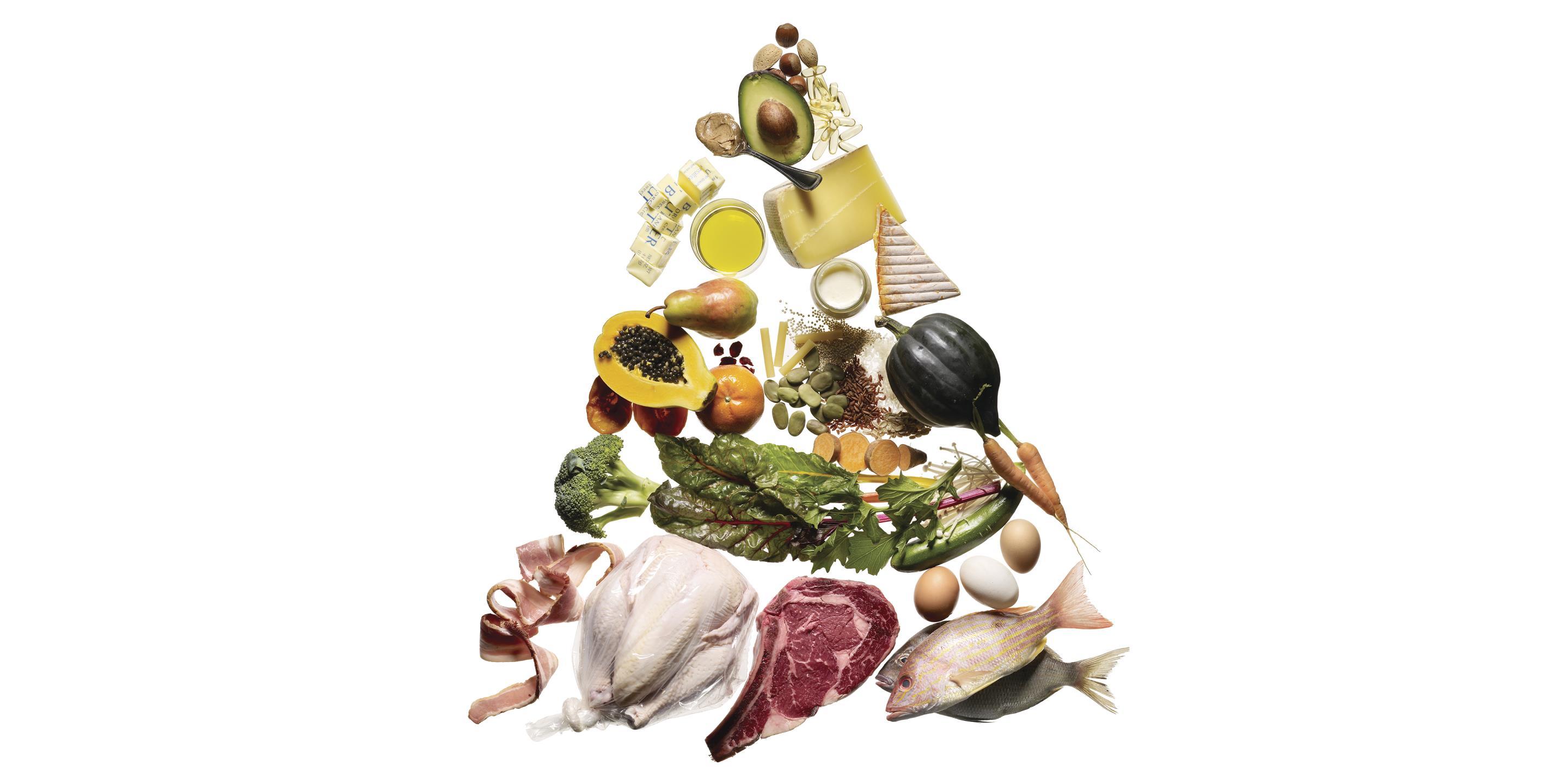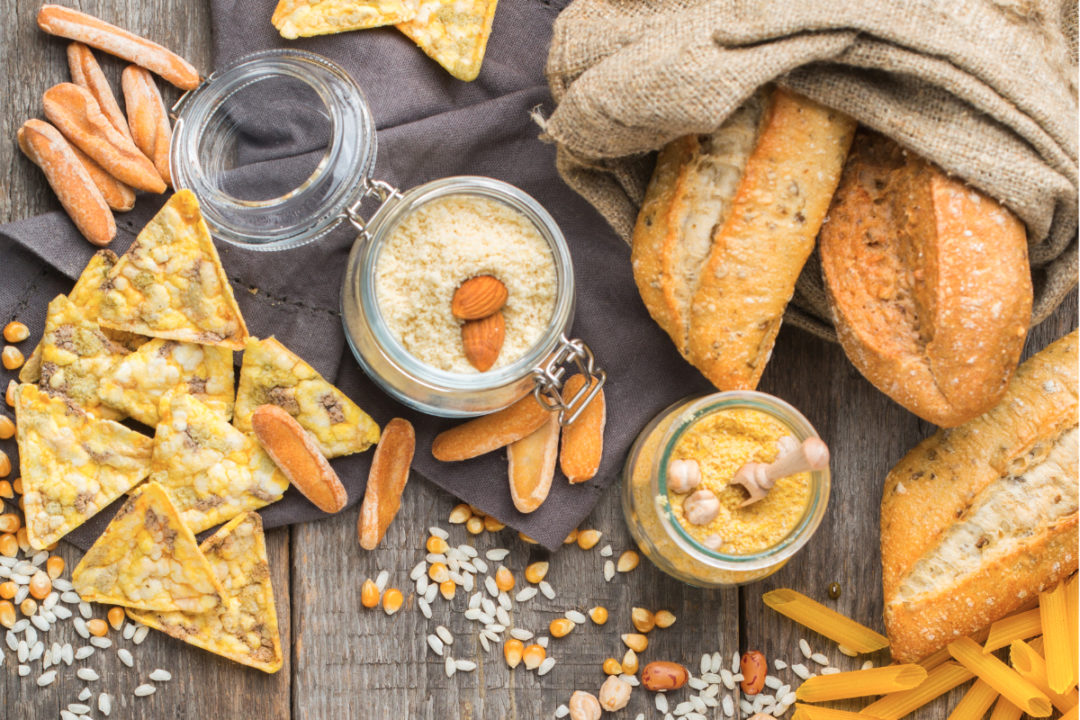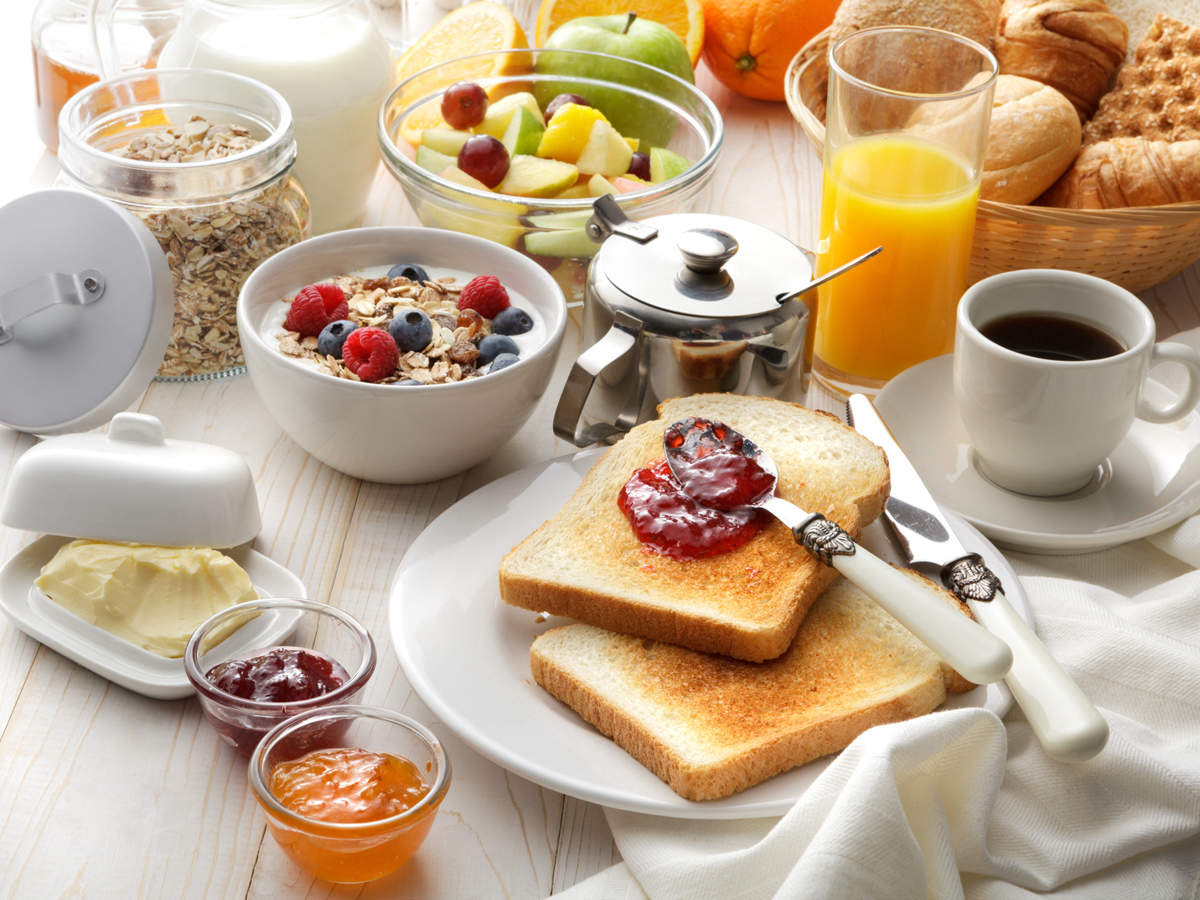Losing weight depends on constantly eating fewer calories than people consume and making smart food choices.
From extreme juice cleanses to miracle supplements, many people are willing to try almost anything to lose weight. However, experts say many of these fast-track methods are based on myths.
Below, experts in diet and exercise debunk some of the most common misconceptions about losing weight.

Myth 1: All calories are created equal
Your body doesn't metabolize all foods the same way, as you can quickly digest something that can affect insulin levels, blood sugar spikes, and fat storage.
Exercise physiologist Joel Seedman noted that 100 calories worth of cake and 100 calories worth of carrots provide the same energy output, one is clearly superior for weight management over the other.
Furthermore, Artur Viana, MD, clinical director of the Metabolic Health & Weight Loss Program at Yale Medicine, also says processed foods don't send the same satiety signals to your brain as whole foods do, meaning you're more likely to overeat, and thus, gain weight.
Myth 2: Eating late
Research suggests that it is what you eat and how much that matters, not necessarily what time you eat.
The takeaway is that eating at night may make you gain weight if it causes you to go over your daily calorie budget, says Andres Ayesta, MS, a registered dietitian, and certified strength and conditioning coach.

Myth 3: Carbs cause you to gain
Carbohydrates are often pitted as the enemy when it comes to weight loss, but a 2018 study revealed that adults who followed a low-carb diet lost the same amount of weight, on average, as those who followed a low-fat diet.
Myth 4: Cutting fat helps you lose weight
A 2019 review revealed that the Mediterranean diet, which entails getting about 35% to 40% of your calories from heart-healthy fats, may prevent increases in weight.

Myth 5: Gluten-free is the key to weight loss
A 2016 study revealed that people without Celiac disease are buying gluten-free products because they believe it is a"healthier option, in reality, many processed gluten-free products are actually more calorie-dense because they may contain more fat and sugar.
Myth 6: Big breakfast helps you lose weight
When it comes to weight loss, eating breakfast is a mixed bag, even some research noted that it can help with weight loss while other research suggests the opposite. Viana says the only case in which eating a large breakfast might be beneficial is if it helps you to eat fewer calories later in the day.
Myth 7: Cardio
Even though cardio workouts may burn more calories at the moment than strength training, at least one study shown that you may burn more calories in the hours after lifting weights, because your metabolism may stay elevated longer.
Seedman stated that when it comes to losing weight, the ideal exercise regimen includes a combination of both cardio and resistance training.
Myth 8: Juice cleanses and supplements help you lose weight
While juice cleanses may result in short-term weight loss, Viana says that's due to a severe calorie deficit, which is once you re-introduce solid foods, you are likely to regain what you lost.
Furthermore, dietary supplements aren't regulated by the Food and Drug Administration (FDA), and the FDA says that many of them do not live up to their weight-loss promises and may even contain dangerous hidden ingredients, such as chemicals contained in blood pressure medications and antidepressants.













